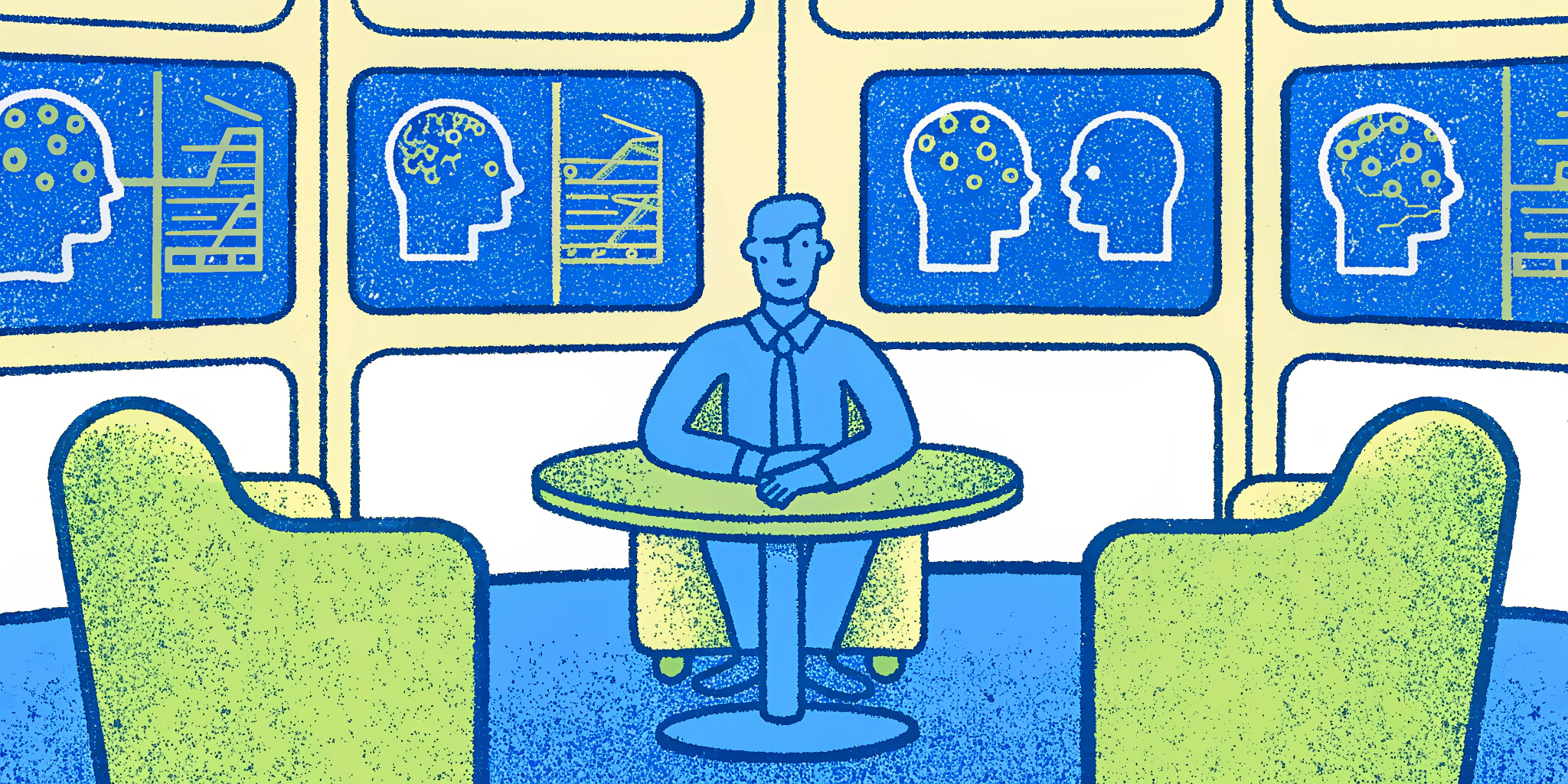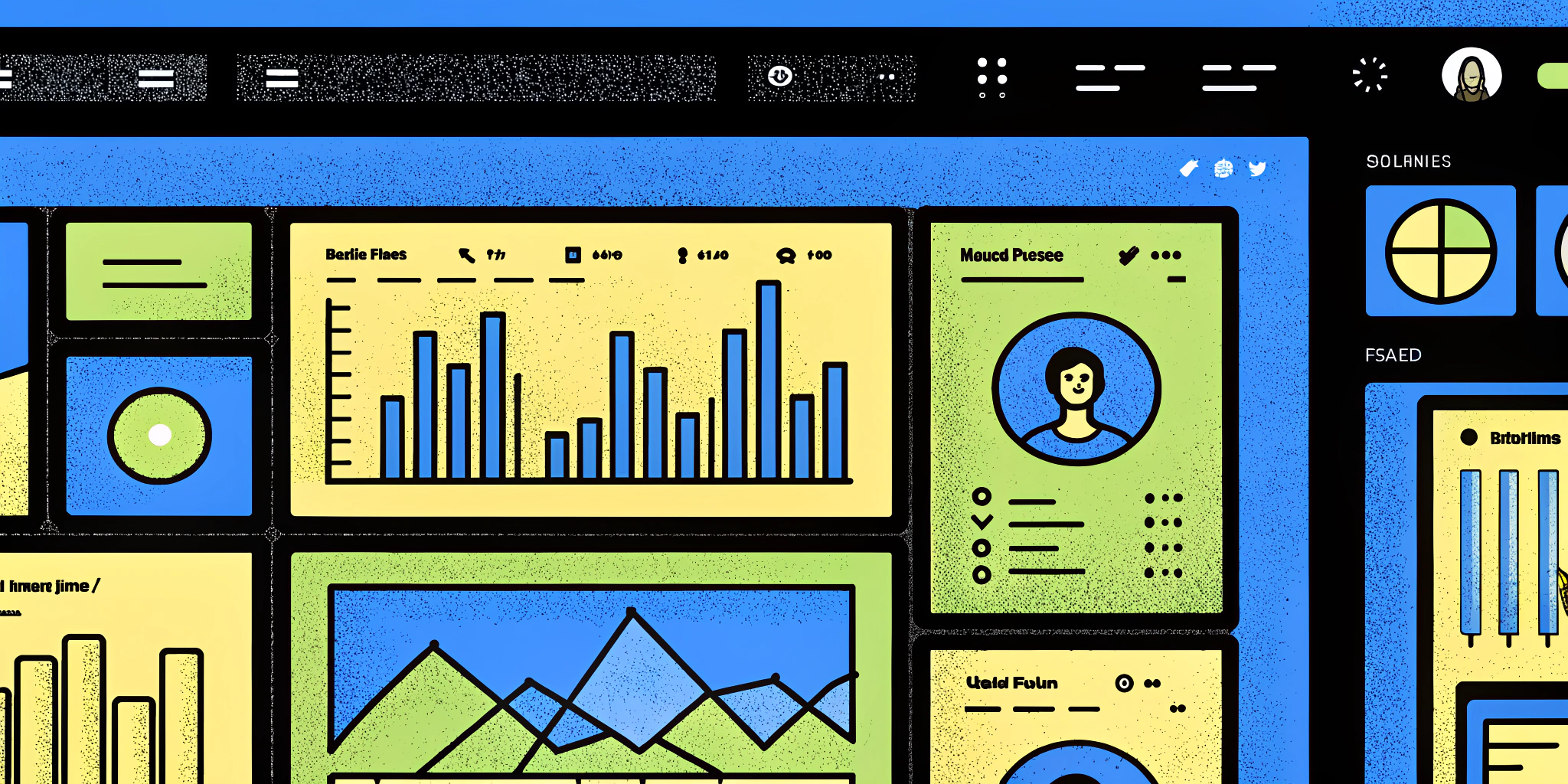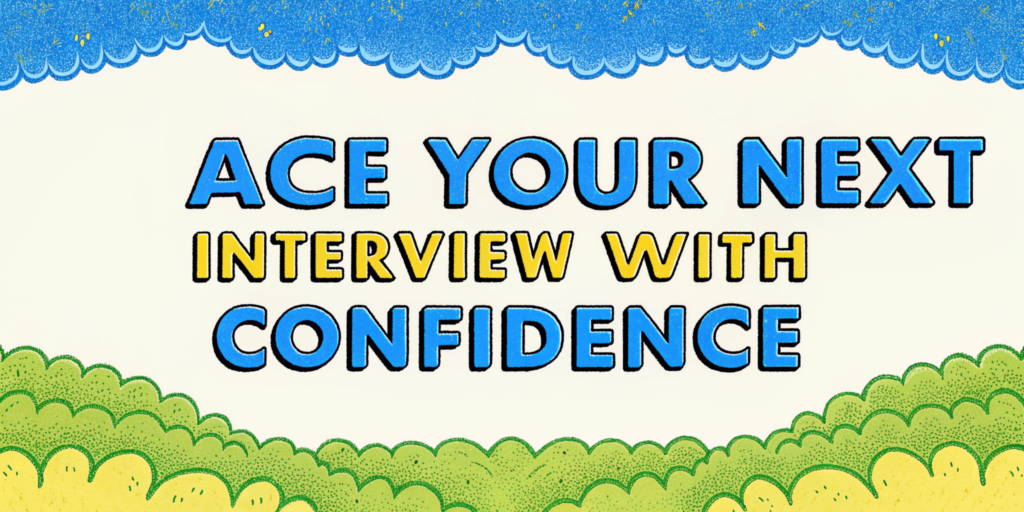Hey there! 👋 My name’s Richard McMahon, and I’m here to guide you through one of the most significant professional challenges: acing your artificial intelligence job interview. Whether you’re preparing to land a dream AI role at a cutting-edge startup or join the tech avant-garde at giants like Google, Microsoft, or IBM, this article is your treasure map. 🛠️
In today’s ultra-competitive tech landscape, AI professions not only offer sky-high salary packages but also come with expectations that you’re equipped to solve complex problems and think ahead of the curve. This article is packed with actionable tips, pro insights, and detailed example answers designed to boost your confidence and make you interview-ready, starting right now.
🧠 Section 1: Top Artificial Intelligence Job Interview Questions
In AI interviews, questions can range from soft skills to jaw-dropping technical deep dives. Here are the three main categories:
1.1 Motivational Questions
These assess why you apply for this role and what drives your interest in AI.
Example Question:
Why do you want to work in artificial intelligence?
🔑 Pro Tip:
- Mention how AI excites you and how it aligns with your career goals.
- Show long-term commitment to growth within the rapidly evolving industry.
Winning Answer:
“I want to work in AI for multiple reasons. First, I’m passionate about leveraging new technologies to solve critical problems—something the AI field enables extensively. Second, I find the rapid pace of innovation in AI deeply motivating; it’s a space where I can learn every day. Lastly, AI roles offer the opportunity to make meaningful contributions, whether it’s building smarter systems or improving user experience. These challenges keep me intellectually curious and committed to the field for the long haul.”
1.2 Behavioral Questions
These focus on your collaboration, problem-solving, and adaptability skills.
Example Question:
Tell me about yourself.
🔑 Pro Tip:
- Kick off with a summary of your qualifications, achievements, and goals.
- Combine your soft skills, technical expertise, AND one notable past success.
Winning Answer:
“Thank you for giving me this opportunity. I’m a forward-thinking and results-oriented professional with experience in developing data-driven models for predictive insights. For example, I integrated a machine learning pipeline project for XYZ Corp that reduced operational costs by 25%. I thrive when implementing strategic solutions, and I’m eager to contribute my skills to solving your company’s unique challenges.”
1.3 Technical Questions
Welcome to the trenches! Technical questions gauge your understanding of AI concepts, frameworks, algorithms, or specific tools.
Example Question:
What is the difference between artificial intelligence, machine learning, and deep learning?
🔑 Pro Tip:
- Offer clear, concise definitions with examples tailored to the company’s domain expertise.
- Highlight projects where you applied these concepts.
Winning Answer:
“Artificial intelligence refers to the broad field of developing technology systems capable of performing tasks that typically require human intelligence. Machine learning, a subset of AI, focuses on algorithms that learn from data, automatically improving through experience. Deep learning, a subfield of machine learning, uses artificial neural networks that mimic the human brain to process structured or unstructured data, resulting in powerful capabilities like image recognition or NLP.”
📚 Additional Resources: Prepare for questions like What’s the difference between supervised and unsupervised learning? and Tell me the role of reinforcement learning in modern AI applications.
🔥 Section 2: Tips & Tricks to Ace an AI Interview
- 📘 Do Your Homework: Research the company’s use of AI and tailor answers with direct relevance.
- 🎯 Follow STAR Technique: Define the Situation, Task, Action, and Result when describing past projects.
- 💡 Showcase Soft Skills: Communication, innovation, and teamwork still matter—even if you dazzle with technical finesse.
💡 Did You Know? 79% of companies now integrate AI-powered assistants in interviews (source: Gartner research). Mastering your confidence here shines a positive spotlight.
🌟 Section 3: AI Interview Breakdown—Sample Questions & Responses
Here are three important technical and behavioral interview Q&A breakdowns:
| Question Type | Example Question | Answer Essentials |
|---|---|---|
| Technical | What are the main types of AI applications? |
Cover at least 4-5, like NLP, robotics, computer vision, etc. |
| Behavioral | What’s the biggest challenge you faced in a past project, and how did you overcome it? |
Focus on process evolution—highlight problem-solving adaptability! |
| Motivational | Why do you want to work for our company? |
Always mention specific company research. Avoid generic flattery. |
Use matrices or diagrams during interviews to explain models. Visual clarity is a huge thumbs-up from tech interviewers. 👍
🛠️ Section 4: Using Personal Tools—Why Ninjafy AI Changed My Prep Game
Let me quickly rave about Ninjafy AI. I experimented with Ninjafy AI, an AI-powered interview assistant, when prepping for a recent AI role. I was skeptical at first (aren’t we all?), but this assistant genuinely surprised me. 🥋 Here’s how it helped:
- Mock Interviews in Real-Time: It simulated challenging scenarios that prepared me for analytical questions.
- Custom Model Based on My Resume: Its Personal Model feature adapted to my skills and experience, so I didn’t sound too generic.
- Adaptive Psychology Responses: It monitored likely gaze cues (yes, steady eye contact matters!) and tone artifacts.
- Metrics: Post-session feedback informed me that most users (≈ 39%) land dream offers faster with its copilot.
I’d wholeheartedly recommend trying Ninjafy AI for job interview prep—especially their free mock trial.
💡 Conclusion: Turn Prep into Offers
The AI sector is thriving, and interviewing in this field can be fierce. However, with a structured approach, thorough practice, and intelligent tools like copilot.ai or other virtual guides, success is inevitable. Good luck making your tech (or data-science) dreams reality. You got this!



